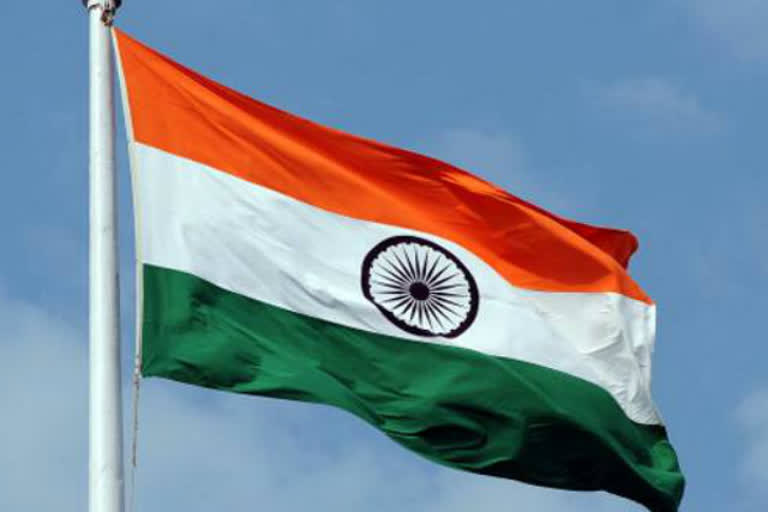The International Intellectual Property Index 2019 released on Thursday by the US Chambers' Global Innovation Policy Center (GIPC) said that although India's improvement is a "real accomplishment", substantial challenges persist, particularly on the country's patenting and IP enforcement environments.
"For the second year in a row, India's score represents the largest gain of any country measured on the Index, which covers over 90 per cent of global gross domestic product," GIPC Senior Vice-President Patrick Kilbride said in a statement.
Read more:Single deposit of Rs 2 cr & more to qualify as 'bulk deposit', says RBI
"As the world's fastest growing major economy undertakes steps to improve its innovation ecosystem, it can empower the next generation of Indian innovators, unleash the creation of 21st century content, and transition itself into a true knowledge-based economy," Kilbride said.
"Of course, there remain important issues that require additional, meaningful reforms, and we hope that India will use the Index as a guide as it moves forward. The global economy benefits when India thrives," he added.

The report said that the rise in India's ranking is a result of specific reforms that better align India's IP environment with the international IP system, including its accession to the World Intellectual Property Organization (WIPO) Internet Treaties, the agreement to initiate a Patent Prosecution Highway (PPH) with Japan, a dedicated set of IP incentives for small businesses, and administrative reforms to address the patent backlog, said the report.
The US tops the list of 50 global economies with 42.66 points out of 45, followed by the UK (42.22), Sweden (41.03) and Germany (41.00).
Among major global economies, the report said, the "most substantial movement can be seen from India, which has surged almost 20 per cent" and climbed eight places in the rankings.
India's o'erall score has increased from 30.07 per cent (12.03 points out of 40) last year to 36.04 per cent (16.22 points out of 45) in the latest edition.

"India has taken several noteworthy steps to improve its IP system in 2018 and also performed well on the new indicators included in the Index this year," the report said. It also said India continues to face substantial challenges, particularly in respect of patenting and IP enforcement environments.
"Nevertheless, this improvement is a real accomplishment, and Indian policymakers should be congratulated on their successful efforts in 2018," the GIPC said the Global Innovation Policy Center.
Noting that the past few years has seen the Indian government taking steps to improve its national IP environment, the report said these efforts continued in 2018 and progress has been made on several important areas measured by the Index.
It cited the September 2018 accession to the WIPO Internet Treaties and the agreement with the Japanese Patent Office on a pilot PPH as notable achievements. India also invested considerable energy into reducing pendency rates for patent and trademark applications, it said.

For patents, this has been seen in a significant decrease in pending applications, from over 200,000 in March 2017 to around 155,000 by the end of June 2018. For trademarks, there is a backlog of over 450,000 applications.
(Inputs from IANS)



